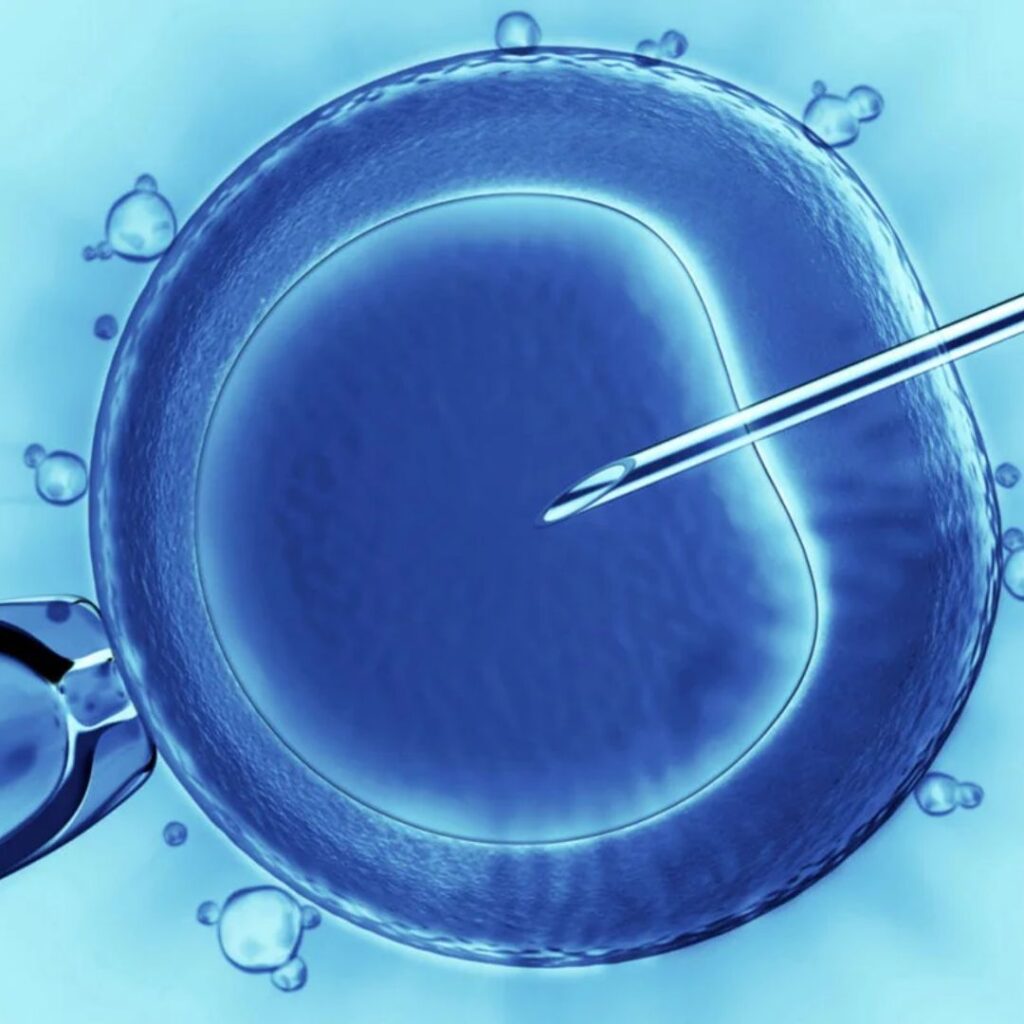Global Reach
We make sure to select the safest and most direct routes, worldwide.
Science on your Side
Our frozen eggs travel with the help of advanced technology for biomaterial storage.
In a Timely Manner
Our delivery is timely, secure, and compliant with global shipping standards.
Understanding the Egg Freezing Process
Utilizing the latest cryopreservation technology, our patients now have the option of undergoing an egg donor cycle using frozen donor eggs. These eggs are collected from the donor in the standard manner, then frozen using a process called vitrification, making them available for future use. This advanced technology is the same one we employ for fertility preservation and elective egg freezing.
Vitrification is a sophisticated technique that includes the addition of cryoprotectants to the eggs, followed by an ultra-rapid cooling process. These cryoprotectants play a crucial role in preventing crystal formation and maintaining the egg’s structural integrity. Once frozen, these eggs are safely stored in our egg bank. When the time is right, the donor eggs are retrieved from storage, thawed, fertilized with sperm, and readied for uterine transfer.
Advantages of Using Frozen Donor Eggs
For a long time, egg donation was primarily conducted using “fresh” eggs. This process necessitated stimulating the egg donor’s ovaries to yield multiple eggs, which were then retrieved and fertilized with sperm from the intended male parent or a sperm donor. The resultant fresh embryos were promptly transferred to the recipient female, with any surplus embryos being preserved for future use.
While fresh egg donation cycles continue to be a preferred choice for many recipients and intended parents, an increasing number of patients are exploring frozen donor eggs as an alternative. With advancements in egg freezing and thawing technologies, several distinct benefits are associated with opting for frozen donor eggs for embryo creation including, but not limited to, the following:
- There’s no requirement for cycle synchronization between the donor and recipient.
- Since ovarian stimulation and retrieval have already been conducted, the number of available eggs is known prior to initiating a cycle.
- The time frame from selecting a donor to embryo transfer can be shorter when using already frozen eggs.
- The cost per treatment cycle can be lower with frozen donor eggs compared to fresh ones.
It is important to note that the cost per baby born could be lower, the same, or higher, depending on the live birth rate per embryo transfer procedure at the clinic performing the procedure. While the national average for live birth success rates using frozen donor eggs is currently somewhat lower than that with fresh donor eggs, egg freezing and thawing technologies have significantly improved over the past few years.
Who Makes a Good Candidate for Frozen Egg Donors?
The choice to use frozen donor eggs is a deeply personal one and can be influenced by a variety of factors. However, certain individuals may find this option particularly beneficial. Those who have experienced challenges with fertility, such as diminished ovarian reserve, premature ovarian failure, or recurrent miscarriages, often turn to frozen donor eggs as a viable path to parenthood. Additionally, single individuals or same-sex couples looking to start a family may also find frozen donor eggs an excellent choice.
Frozen donor eggs can be a valuable option for those who value flexibility and convenience. Since the eggs are already retrieved and stored, there’s no need to synchronize cycles with the donor, which can significantly reduce waiting times. This option also allows intended parents to know the number of available eggs upfront, providing a clearer picture of their potential journey to parenthood.
Choosing Between Fresh and Frozen Donor Eggs
The choice between fresh and frozen donor eggs is a significant one for those embarking on the journey of assisted reproduction. Both options have their unique advantages, and the decision ultimately depends on the specific circumstances and preferences of the intended parents.
With fresh donor eggs, the process is typically more time-consuming and complex, as it requires the synchronization of the donor’s and recipient’s menstrual cycles. However, it often yields a larger number of eggs, which can be beneficial for those planning multiple pregnancies. On the other hand, frozen donor eggs offer a more streamlined and flexible process, as the eggs are readily available for use. This eliminates the need for cycle synchronization and allows for a quicker start to the IVF process. However, the number of eggs obtained in a frozen cycle is typically fixed. It’s essential to discuss these factors with your fertility specialist to make an informed decision that best suits your individual needs and goals.


